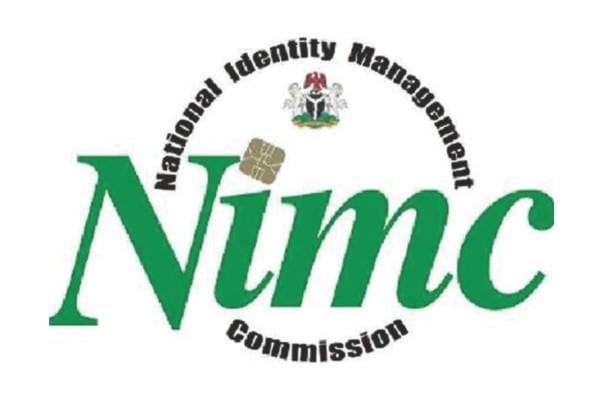While briefing newsmen after a facility tour and inspection of the ongoing NIN enrolment exercise at NIMC and other designated centres in Abuja, the Minister of Communications and Digital Economy, Dr Isa Pantami, has said the Federal Government plans to replace Bank Verification Numbers with the National Identity Numbers.
The Minister said he had made a presentation to the National Economic Sustainability Committee and drew the attention of the Central Bank of Nigeria’s Governor on the need to replace BVN with NIN.
The minister noted that BVN was only applicable to those who had a bank accounts while NIN was for every citizen and legal resident in the country.
“BVN is our secondary database, while NIN and the database is the primary one in the country that each and every institution should make reference to NIMC,” he said.
READ ALSO: CBN Orders Banks, Other Financial Institutions to Close Cryptocurrency Accounts
In regard to data protection regulations, Pantami boasted that Nigeria was at the forefront in Africa. He claimed that the level of security in the entire database was 99.9 per cent.
He said, “That is why we came up with the Nigeria Data Protection Regulation that we always enforce and this is applicable to the database at our disposal.
“We take care of it and make sure that security is excellent and we don’t allow anybody to compromise the content because it is a trust from our citizens given to us.’’
He emphasised the need for NIMC to focus on regulatory work and set the standards for biometrics registration, measuring of heights, standard for data to be collected and general verification.
In another development, Pantami has called on the organised private sector to enhance collaboration with government, adding that the economy of Nigeria is dependent on how it faired. He stressed that an enabling environment was key to harvesting the gains associated with private sector, noting that the current dispensation had provided friendly atmosphere for businesses to thrive.
The minister said, “The economy of Nigeria relies more on the private sector than the public sector.
“If you look at our GDP collectively, it is approximately around $450bn which is the highest in Africa. If you compute, you will discover that the entire stage of government particularly the federal level is approximately around 8.5 per cent, while that of the private sector is more than 91.5 per cent. Government cannot do without collaborating with the private sector.
“What government must do is to provide enabling environment for the private sector to thrive and this is what we have been doing every day to come up with policies for the private sector to thrive.
“This is what brought about tax holiday, visa on arrival in Nigeria, online registration of companies by CAC.”

